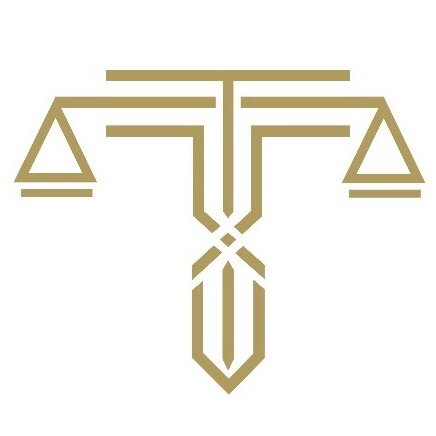Best Mortgage Lawyers in Khobar
Share your needs with us, get contacted by law firms.
Free. Takes 2 min.
Free Guide to Hiring a Real Estate Lawyer
List of the best lawyers in Khobar, Saudi Arabia
About Mortgage Law in Khobar, Saudi Arabia
Mortgage law in Khobar, Saudi Arabia, is governed by the laws and regulations set by the Saudi Arabian Monetary Agency (SAMA). These regulations are designed to protect mortgage lenders and borrowers, and they cover all aspects of the mortgage process, including eligibility, loan terms and conditions, and foreclosure procedures. It's important to note that Islamic sharia law also plays a significant role in mortgage contracts, with the prohibition of Riba (interest) making Islamic finance a different landscape from conventional loans.
Why You May Need a Lawyer
Understanding the intricacies of mortgage laws in Khobar can be complex and overwhelming. A situation may arise where an individual may need to hire a lawyer for guidance. Some common situations include difficulty understanding the loan agreement or terms, reviewing loan modifications, defending against foreclosure, or dealing with lenders who have practiced unfair lending procedures. Additionally, lawyers can provide assistance when it comes to navigating Islamic finance structures like Ijara (lease) or Murabaha (cost-plus financing).
Local Laws Overview
The local laws regarding mortgages in Khobar focus heavily on fairness and transparency. Lenders are required to clearly disclose all loan terms and conditions, including the potential consequences of missing payments. Additionally, the laws protect against discrimination in mortgage lending and prohibit practices such as predatory lending. In adherence to Sharia law, most mortgages are under the concepts of Murabaha or Ijara, where the bank purchases the property and resells or leases it to the client at a profit, avoiding traditional interest charges.
Frequently Asked Questions
What is a Murabaha Mortgage?
A Murabaha mortgage is a common form of Islamic financing where the bank buys the property and sells it to the borrower at a profit. The borrower then repays the amount in installments. The profit margin and repayment schedule are agreed upon at the inception of the contract.
What happens if I can't make my mortgage payments?
If you're unable to make your mortgage payments, the bank may repossess your property. However, this is usually a last resort, and most banks will attempt to work with the borrower to negotiate a modified repayment plan first.
Does Saudi Arabian law protect against discrimination in mortgage lending?
Yes, Saudi Arabian law prohibits discrimination in mortgage lending based on several factors including nationality, race, gender, or religion.
What is predatory lending?
Predatory lending refers to unethical lending practices where lenders deceive or coerce borrowers into accepting unfavorable loan terms.
Can mortgage law in Khobar differ from other parts of Saudi Arabia?
While basic principles remain consistent throughout the nation, certain nuances may vary slightly. It's always recommended to verify details with a local expert or attorney.
Additional Resources
Saudi Arabian Monetary Agency (SAMA) and the Ministry of Justice provide a wide range of resources online for individuals seeking more information about mortgage laws. For Islamic finance structures, the Islamic Development Bank and local Shari'a boards can provide resources and guidance.
Next Steps
If you need legal assistance with a mortgage in Khobar, you should confer with a legal professional who specializes in Saudi Arabian mortgage law. They can help you understand the local laws and guide you through the process. Also, do your research, understand your rights as a borrower and ensure all aspects of your mortgage align with Islamic principles if necessary.
Lawzana helps you find the best lawyers and law firms in Khobar through a curated and pre-screened list of qualified legal professionals. Our platform offers rankings and detailed profiles of attorneys and law firms, allowing you to compare based on practice areas, including Mortgage, experience, and client feedback.
Each profile includes a description of the firm's areas of practice, client reviews, team members and partners, year of establishment, spoken languages, office locations, contact information, social media presence, and any published articles or resources. Most firms on our platform speak English and are experienced in both local and international legal matters.
Get a quote from top-rated law firms in Khobar, Saudi Arabia — quickly, securely, and without unnecessary hassle.
Disclaimer:
The information provided on this page is for general informational purposes only and does not constitute legal advice. While we strive to ensure the accuracy and relevance of the content, legal information may change over time, and interpretations of the law can vary. You should always consult with a qualified legal professional for advice specific to your situation.
We disclaim all liability for actions taken or not taken based on the content of this page. If you believe any information is incorrect or outdated, please contact us, and we will review and update it where appropriate.











